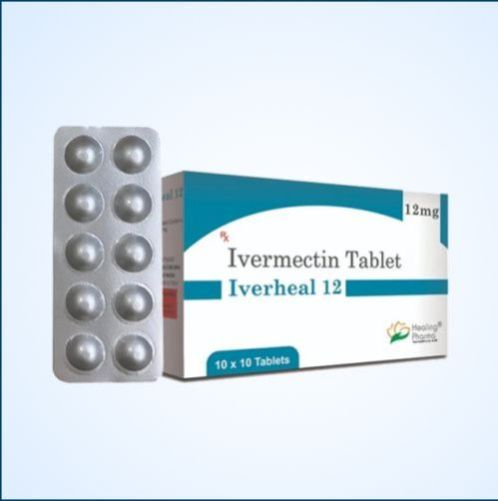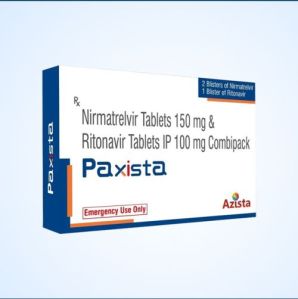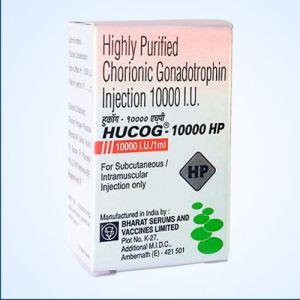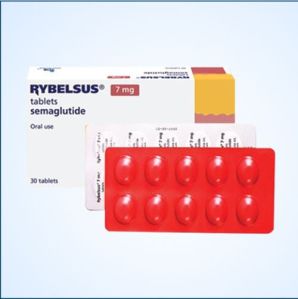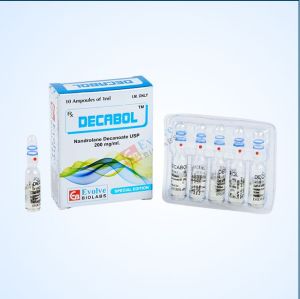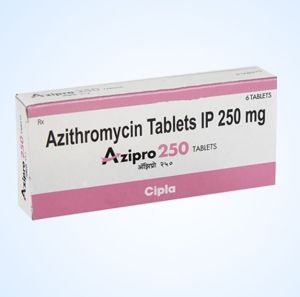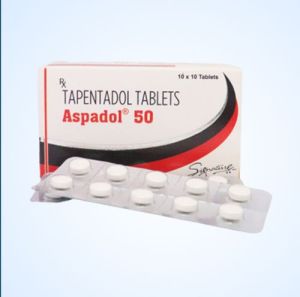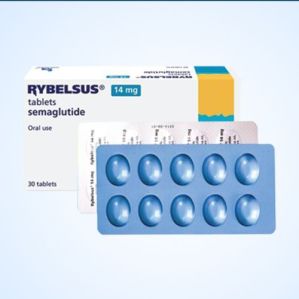- Utran, Surat, Gujarat
- View Mobile Number
| Business Type | Exporter |
| Country of Origin | Made In India |
| Composition | Ivermectin Dispersibile |
| Shelf Life | 12 Months |
| Click to view more | |
Product Details
Ivermectin: Uses, Side Effects, and Medicines
Ivermectin is a widely used anti-parasitic medication that treats a variety of parasitic infections in both humans and animals. It is an essential drug in managing diseases caused by parasitic worms, lice, mites, and other similar organisms. Ivermectin works by interfering with the nervous system of parasites, leading to their paralysis and death.
Uses of IvermectinIvermectin has proven effective in treating several parasitic infections. Its uses in humans include:
-
Onchocerciasis (River Blindness): Ivermectin is one of the primary treatments for onchocerciasis, a condition caused by the Onchocerca volvulus parasite. This parasitic infection can lead to severe skin problems and blindness if untreated. Ivermectin helps reduce the load of microfilariae, the larval stage of the parasite, thereby reducing symptoms and preventing further damage to the eyes and skin.
-
Strongyloidiasis: This condition is caused by Strongyloides stercoralis, a parasitic roundworm. Ivermectin effectively clears the infection by targeting the larvae of the parasite, helping to control intestinal and systemic spread.
-
Scabies: Scabies is caused by the Sarcoptes scabiei mite, leading to itching and skin rashes. Ivermectin can be taken orally to treat severe or crusted scabies that is unresponsive to topical treatments.
-
Head Lice: Ivermectin is also used to treat head lice infestations, especially when topical treatments like shampoos fail.
In some regions, ivermectin is used in mass drug administration programs to control parasitic infections like lymphatic filariasis and to prevent river blindness in endemic areas.
Side Effects of IvermectinIvermectin is generally well-tolerated, but it can cause side effects in some individuals. Common side effects include:
-
Dizziness
-
Nausea
-
Fatigue
-
Abdominal discomfort
-
Diarrhea
Rare but more serious side effects can include:
-
Severe allergic reactions (such as swelling, difficulty breathing, or rash)
-
Seizures
-
Liver problems
In individuals with compromised immune systems or neurological conditions, ivermectin should be used with caution, as the drug can sometimes cause neurotoxicity, especially at higher doses.
Medicines and InteractionsIvermectin can interact with certain medications, which may increase the risk of side effects. For instance:
-
Corticosteroids: When used together, they may increase the risk of central nervous system side effects.
-
Other anti-parasitic drugs: Medicines like praziquantel, which is used to treat other parasitic infections, may enhance ivermectin’s effect or increase toxicity.
-
Anticonvulsants: These may reduce the effectiveness of ivermectin by increasing its breakdown in the body.
It is crucial to inform healthcare providers about all medications being taken to avoid harmful interactions.
Conclusion
Ivermectin is an important and versatile drug used to treat a variety of parasitic infections. While generally safe, it must be taken under medical supervision to manage potential side effects and interactions with other medications. Always follow the prescribed dosage and consult a healthcare provider for any concerns or questions regarding its use.

